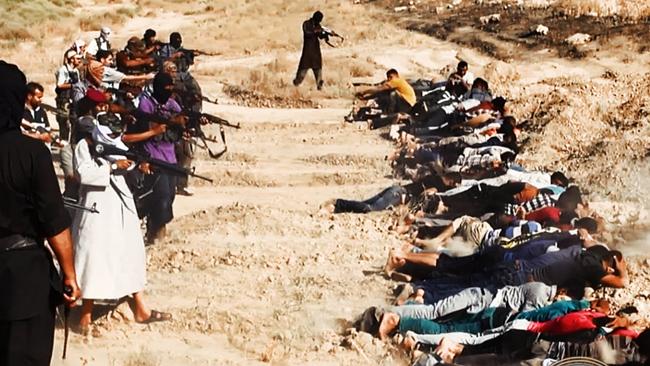

Did capitalism save despotism? An authoritarian regime like China is communist in name only, a place of whirlwind of investment and rampant deregulation envied by some American putzes who don’t seem to understand human rights or environmentalism or even history. Perhaps extreme pollution will eventually cause unrest, but the people seem to have been placated for now from pushing back at a non-democratic government by material gains. Not that there’s not victories in such things, but let’s not confuse it with freedom. The opening of Michael Ignatieff’s “Are The Authoritarians Winning?” at the New York Review of Books:
“In the 1930s travelers returned from Mussolini’s Italy, Stalin’s Russia, and Hitler’s Germany praising the hearty sense of common purpose they saw there, compared to which their own democracies seemed weak, inefficient, and pusillanimous.
Democracies today are in the middle of a similar period of envy and despondency. Authoritarian competitors are aglow with arrogant confidence. In the 1930s, Westerners went to Russia to admire Stalin’s Moscow subway stations; today they go to China to take the bullet train from Beijing to Shanghai, and just as in the 1930s, they return wondering why autocracies can build high-speed railroad lines seemingly overnight, while democracies can take forty years to decide they cannot even begin. The Francis Fukuyama moment—when in 1989 Westerners were told that liberal democracy was the final form toward which all political striving was directed—now looks like a quaint artifact of a vanished unipolar moment.
For the first time since the end of the cold war, the advance of democratic constitutionalism has stopped. The army has staged a coup in Thailand and it’s unclear whether the generals will allow democracy to take root in Burma. For every African state, like Ghana, where democratic institutions seem secure, there is a Mali, a Côte d’Ivoire, and a Zimbabwe, where democracy is in trouble.
In Latin America, democracy has sunk solid roots in Chile, but in Mexico and Colombia it is threatened by violence, while in Argentina it struggles to shake off the dead weight of Peronism. In Brazil, the millions who took to the streets last June to protest corruption seem to have had no impact on the cronyism in Brasília. In the Middle East, democracy has a foothold in Tunisia, but in Syria there is chaos; in Egypt, plebiscitary authoritarianism rules; and in the monarchies, absolutism is ascendant.”



